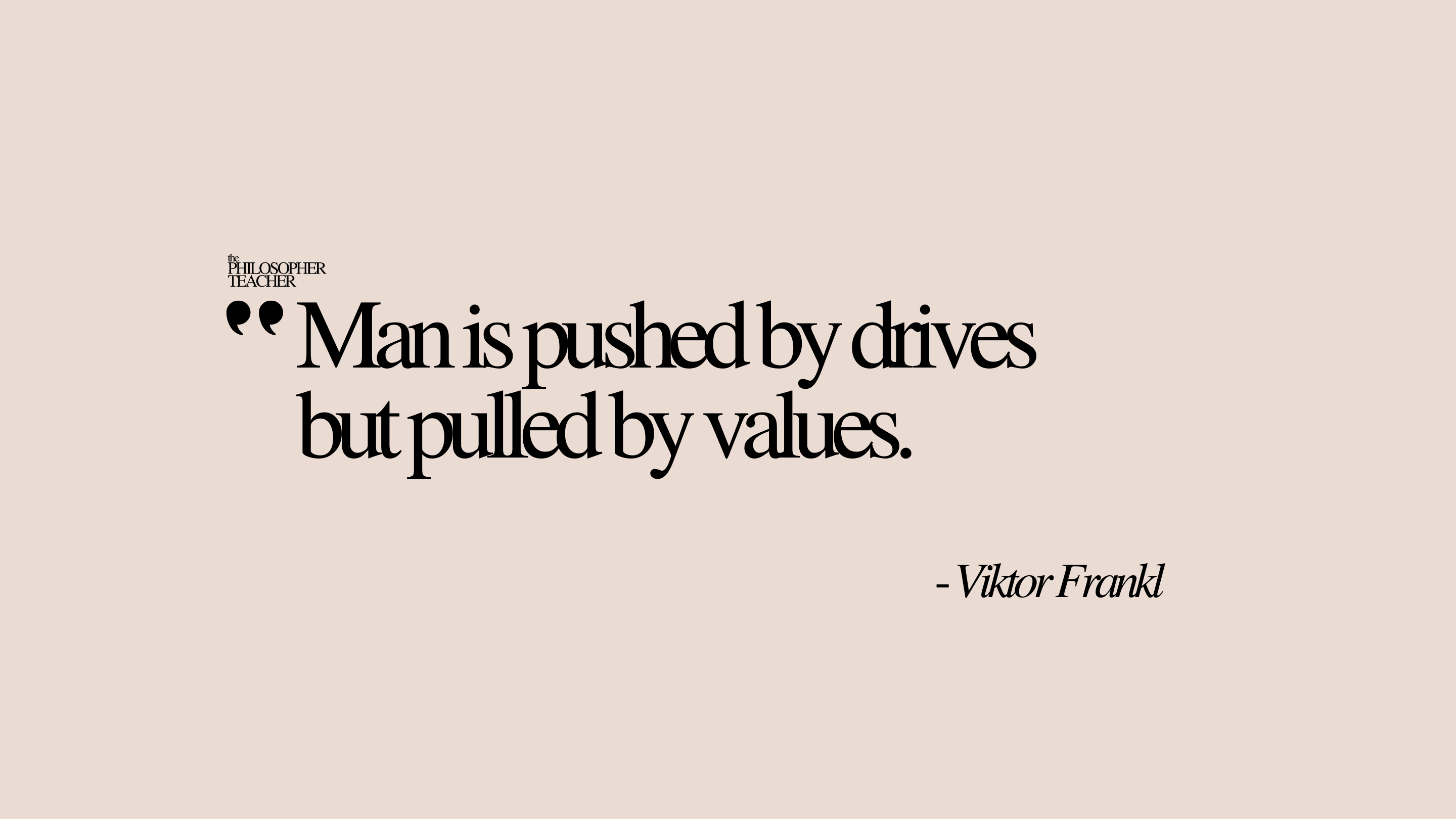Finding Happiness Within
In the modern world, the disease of unhappiness hides behind social media highlights and filtered feeds. Productivity is often sold as as the cure, but is it really the key to living a fulfilling life?

Many of us have routines in place to increase our productivity. Numerous videos, books and podcasts on productivity give us the promise of happiness if we just achieve more, invest in ourselves, and grow our wealth by making the most of our time, energy, and resources. I admit that I have jumped on the productivity train many a time after watching Ali Abdaal’s inspiring videos, often proving to be effective in the short term. A couple great study sessions being done here and regular time blocking happening there. However, I often found myself struggling to be unfulfilled a couple months down the line and fall back into old habits.
Even though I was saying and doing the right things according to these productivity systems, I was still utterly confused at who I was underneath my daily routines. I had no core beliefs or values to attach these actions to. It was like building a house on sand. Something only a foolish man would do. Happiness always seemed to be just around the corner, only after implementing a new habit or reaching a life goal, but never right in the present moment. It was elusive. A mirage.

What is it about being productive that seems to promise us happiness? The idea of having purpose or ambition motivates us to do better and continuously improve, innovate and inspire. Some love to be challenged, immerse themselves in new experiences and work towards bettering a cause they believe in. There is a thrill to accomplishing. When we reach the finish line satisfaction, glory and honour are ours. However, all too often, this momentary elation is followed by us asking ourselves ‘what is next?’. We set out new targets, achieve them and set another one. So begins an endless cycle of chasing temporary highs with happiness dangled in front of us. Never satisfied. Never enough. I found this to be particularly true throughout my early twenties, where I would be chasing achievement after achievement, creating continuous success and still being left with large pockets of unhappiness. I was constantly thinking in the future, operating at my fullest and tightly strung. It was unsustainable.

Ever since I was young, I always wondered how and why people are the way they are. No surprises that as an adult, I took a real interest in philosophy, the study of knowledge, reality and existence. Recommended by my professor from university was Pierre Hadot’s Philosophy as a Way of Life. Hadot was a French philosopher of the 20th century who believed in cultivating a specific, constant attitude in life rooted in rationality and reason. A truly eye-opening and grounding read, the text emphasises how philosophy is not merely a subject studied in books, but rather, an invitation to engage in the art of living, in which our actions have the power to continually transform ourselves, moving closer towards an ideal of wisdom, ‘for real wisdom does not merely cause us to know: it makes us "be" in a different way’ (Hadot et. al, 1997, p. 265). Philosophy was seen as medicine for the soul (Cicero, 2009). Through cultivating rational thought and detachment to external things, Hadot highlights that we can erase deceptive beliefs and irrational fear.
The text made me deeply reflect who I was at the core. If I were to lose all material possessions and remove societal labels, who would I be? I had to recognise what I valued and what energised me. To do what I love at all times. Always have meaningful interactions with others. Show kindness in every circumstance. From these core beliefs, I was able to attach my words and actions to each of my habits. Having a productive morning routine meant that I was able to show myself kindness by starting the day right. Journaling helped me become more aware of my emotions and character so that in turn, I could have insightful conversations with others. Working in a profession that I loved brought me happiness and naturally motivated me to serve the wider community. By aligning what I believed in with what I say and what I do, it brought clarity and meaning to my life. Achieving consistency between the inner and outer self allows us to realise our potential and find happiness in the here and now (Rumjahn, 2022). Being fulfilled comes from within, rather than being dependent on external successes or material wealth.
I found benefit in what I called, 'being able to recalibrate how I made sense of myself in relation to things that were happening in my life' (Rumjahn, 2022, p. 23). Taking the time to understand myself through inward reflection and rational thought was the solid foundation I needed in order to be genuinely productive. Adopting a philosophical approach transformed the way I perceived myself in the world and thus, shaped my day-to-day actions. No longer was I chasing temporary highs, rather, I was focussed on matching who I authentically was with my words and works. This brought me a new found level of productivity which was unparalleled to what I had experienced previously.

Do you truly know who you are on the inside and what your values are? Take a moment to imagine losing everything in this moment. Your career, family, all material goods. Think about what you would be left with. A courageous soul? A persevering attitude? A desire for wisdom? See how these characteristics could form the genesis of every action you take, fashioning a strong foundation for yourself to attain consistent productivity and sustainable happiness. 'Philosophy’s gift is to remind us about what fundamentally matters to us, helping us to better understand who we are' (Rumjahn, 2022, p. 25), which is vital in cultivating sustainable happiness.
Reframing how I achieved happiness was the most important change that I made to my life. The answer laid within my ability to consistently align my words and actions with my inner self by first carving out my core values. A different kind of productivity which brings about a deeply fulfilling and happy life. □
References:
Cicero, M. T. (2009). Tusculan disputations (pp. 1-70). University of Chicago Press.
Hadot, P., Davidson, A. I., & Chase, M. (1995). Philosophy as a way of life. Blackwell Publishers Ltd.
Rumjahn, A. (2022). Early-career teaching: an opportunity for reflection and self-development, Scan, 41(1).
Further Reading:
If you would like to read more about my journey of cultivating values as an early career teacher, I have published a piece for the New South Wales Department of Education's Journal, Scan in their February 2022 issue.
I reflect on my experiences as an early career teacher and how my interests in philosophy have allowed me to cultivate a coherent sense of self in relation to my professional identity. Having only ever taught in the years of a pandemic, exploring and implementing philosophical ideas have been pivotal to my inner happiness and success.
Read the article here on pages 21-26.
If you would like to show your support, feel free to buy me a coffee! ☕
